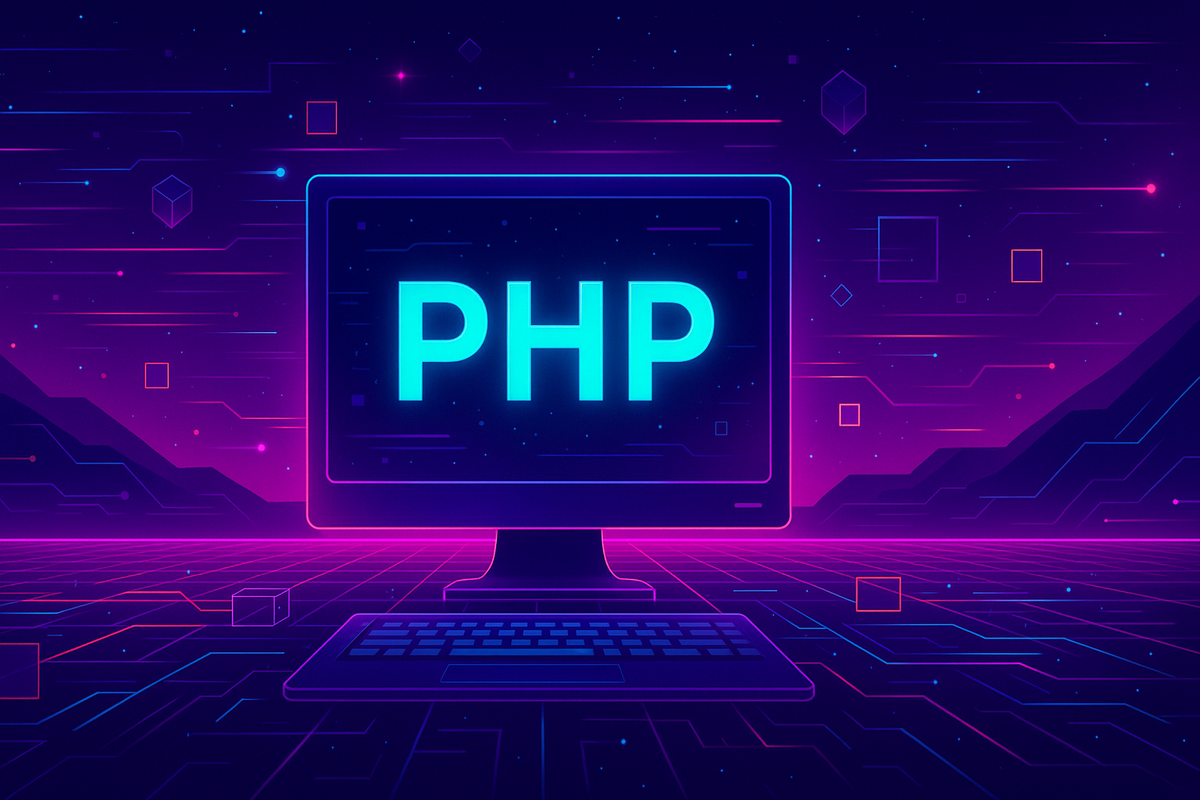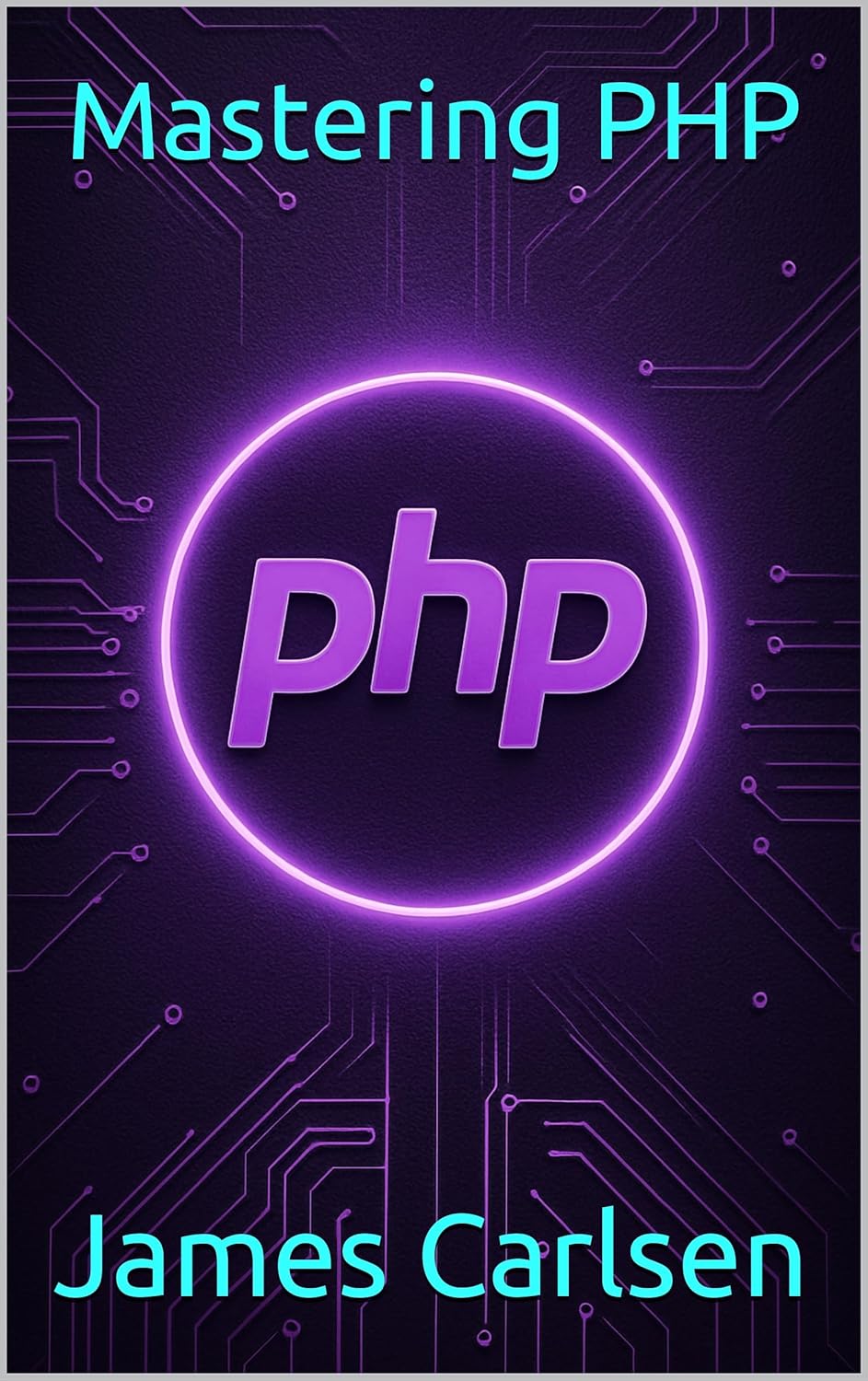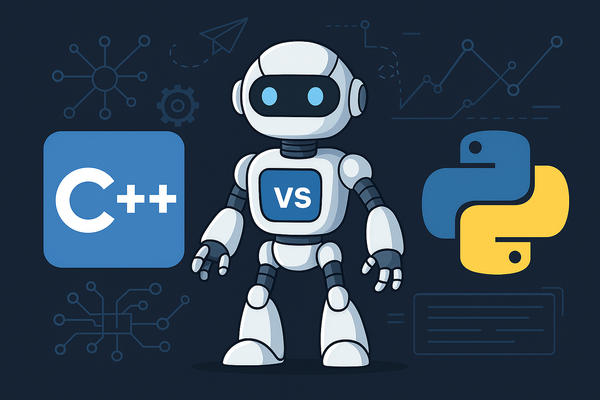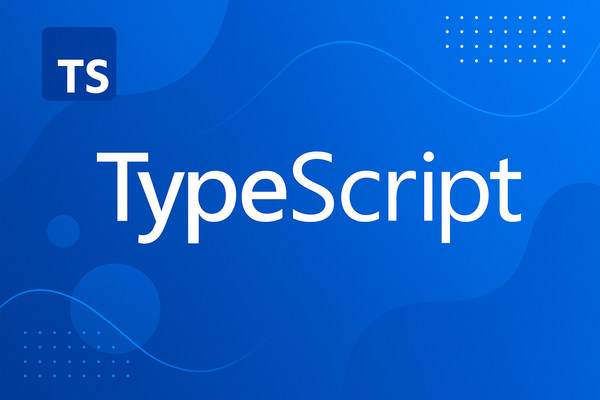Why PHP Still Powers the Web in 2025

When people talk about web development, languages like JavaScript, Python, and Go often steal the spotlight. But one language has quietly powered the backbone of the internet for decades: PHP. From WordPress to Wikipedia, PHP remains a force, and with PHP 8, it’s more powerful than ever.
In this post, we’ll explore PHP’s strengths, why it’s still relevant, and walk through some code examples that show just how approachable it is.
What Makes PHP Strong?
1. Accessibility and Ubiquity
PHP comes pre-installed on most hosting providers. Spin up a \$5/month shared host, and chances are PHP is ready to go. This lowers the barrier of entry dramatically.
2. Modern Features in PHP 8+
PHP has evolved:
- JIT compiler: Better performance on computational tasks.
- Type safety: Union types, strict typing, and enums.
- Developer ergonomics: Nullsafe operators, named arguments, attributes.
3. Huge Ecosystem
WordPress, Laravel, Symfony, and countless packages are built on PHP. That’s a massive pool of code, tutorials, and community support.
4. Cross-Platform and Scalable
Whether you’re deploying on Linux servers, Docker containers, or serverless platforms like AWS Lambda, PHP adapts easily.
A Simple Example: Hello World in PHP
Unlike languages that require complex setup, PHP can get you going with a single file:
<?php
echo "Hello, World!";
Save this as index.php, run:
php -S localhost:8000
Visit http://localhost:8000 in your browser — you’ve got a working server.
Working with Variables and Logic
PHP’s syntax is straightforward and beginner-friendly:
<?php
$user = "Alice";
$age = 25;
if ($age >= 18) {
echo "$user is an adult.";
} else {
echo "$user is a minor.";
}
Output:
Alice is an adult.
This simple control flow is the same logic used in everything from login systems to content management.
Functions and Reusability
PHP supports functions, closures, and even strict typing in modern versions:
<?php
function greet(string $name): string {
return "Hello, $name!";
}
echo greet("Developer");
Output:
Hello, Developer!
This function could just as easily become part of a web app API.
PHP and the Web: Forms and User Input
Handling HTML forms is where PHP really shines — it was built for this.
<!-- form.html -->
<form method="POST" action="process.php">
<input type="text" name="username" />
<button type="submit">Submit</button>
</form>
// process.php
<?php
$username = htmlspecialchars($_POST['username']);
echo "Welcome, $username!";
This example demonstrates PHP’s tight integration with HTML, and why it’s been a go-to tool for web apps for so long.
Why Learn PHP Today?
- Career Relevance: Millions of businesses still rely on PHP.
- Framework Power: Laravel and Symfony offer modern architectures rivaling Django or Ruby on Rails.
- Community & Support: A vast ecosystem of developers and packages makes solving problems easier.
- Ease of Use: Great for beginners, yet deep enough for experts.
Final Thoughts
PHP may not be the “shiny new toy,” but it’s a battle-tested, evolving language that continues to run the web. With PHP 8+, it’s faster, safer, and more modern than ever. Whether you’re maintaining legacy code or building fresh with Laravel, PHP remains a practical, profitable, and powerful choice.
👉 Next time someone tells you “PHP is dead,” show them the numbers — and maybe some code. Chances are, their favorite website is running PHP under the hood.
To Learn More About PHP, check out the book by James Carlsen. Link Below:




